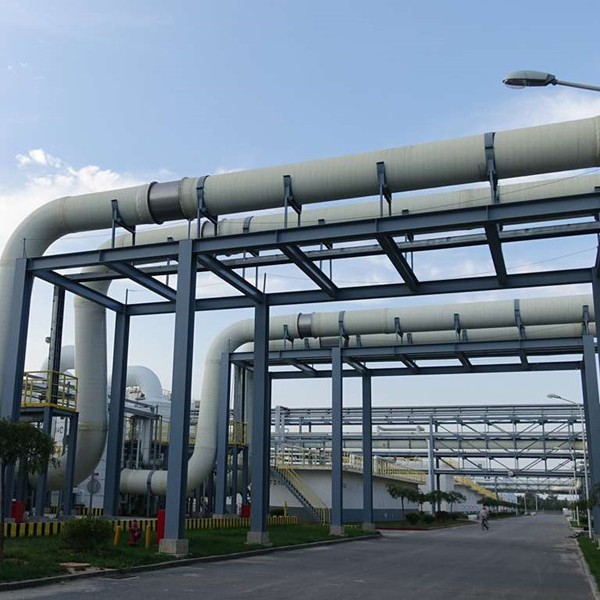
-
 Afrikaans
Afrikaans -
 Albanian
Albanian -
 Amharic
Amharic -
 Arabic
Arabic -
 Armenian
Armenian -
 Azerbaijani
Azerbaijani -
 Basque
Basque -
 Belarusian
Belarusian -
 Bengali
Bengali -
 Bosnian
Bosnian -
 Bulgarian
Bulgarian -
 Catalan
Catalan -
 Cebuano
Cebuano -
 China
China -
 China (Taiwan)
China (Taiwan) -
 Corsican
Corsican -
 Croatian
Croatian -
 Czech
Czech -
 Danish
Danish -
 Dutch
Dutch -
 English
English -
 Esperanto
Esperanto -
 Estonian
Estonian -
 Finnish
Finnish -
 French
French -
 Frisian
Frisian -
 Galician
Galician -
 Georgian
Georgian -
 German
German -
 Greek
Greek -
 Gujarati
Gujarati -
 Haitian Creole
Haitian Creole -
 hausa
hausa -
 hawaiian
hawaiian -
 Hebrew
Hebrew -
 Hindi
Hindi -
 Miao
Miao -
 Hungarian
Hungarian -
 Icelandic
Icelandic -
 igbo
igbo -
 Indonesian
Indonesian -
 irish
irish -
 Italian
Italian -
 Japanese
Japanese -
 Javanese
Javanese -
 Kannada
Kannada -
 kazakh
kazakh -
 Khmer
Khmer -
 Rwandese
Rwandese -
 Korean
Korean -
 Kurdish
Kurdish -
 Kyrgyz
Kyrgyz -
 Lao
Lao -
 Latin
Latin -
 Latvian
Latvian -
 Lithuanian
Lithuanian -
 Luxembourgish
Luxembourgish -
 Macedonian
Macedonian -
 Malgashi
Malgashi -
 Malay
Malay -
 Malayalam
Malayalam -
 Maltese
Maltese -
 Maori
Maori -
 Marathi
Marathi -
 Mongolian
Mongolian -
 Myanmar
Myanmar -
 Nepali
Nepali -
 Norwegian
Norwegian -
 Norwegian
Norwegian -
 Occitan
Occitan -
 Pashto
Pashto -
 Persian
Persian -
 Polish
Polish -
 Portuguese
Portuguese -
 Punjabi
Punjabi -
 Romanian
Romanian -
 Russian
Russian -
 Samoan
Samoan -
 Scottish Gaelic
Scottish Gaelic -
 Serbian
Serbian -
 Sesotho
Sesotho -
 Shona
Shona -
 Sindhi
Sindhi -
 Sinhala
Sinhala -
 Slovak
Slovak -
 Slovenian
Slovenian -
 Somali
Somali -
 Spanish
Spanish -
 Sundanese
Sundanese -
 Swahili
Swahili -
 Swedish
Swedish -
 Tagalog
Tagalog -
 Tajik
Tajik -
 Tamil
Tamil -
 Tatar
Tatar -
 Telugu
Telugu -
 Thai
Thai -
 Turkish
Turkish -
 Turkmen
Turkmen -
 Ukrainian
Ukrainian -
 Urdu
Urdu -
 Uighur
Uighur -
 Uzbek
Uzbek -
 Vietnamese
Vietnamese -
 Welsh
Welsh -
 Bantu
Bantu -
 Yiddish
Yiddish -
 Yoruba
Yoruba -
 Zulu
Zulu
Advancements in FRP Vessel Technology for Enhanced Durability and Performance in Marine Applications
The Growing Importance of FRP Vessels in Modern Industries
In recent years, the utilization of Fiber Reinforced Polymer (FRP) vessels has gained significant traction across various industries. These vessels, characterized by their lightweight, corrosion-resistant, and high-strength properties, are becoming essential in sectors such as chemical processing, water treatment, and oil and gas. This article aims to delve into the attributes, advantages, and applications of FRP vessels, illustrating why they are increasingly favored in modern industrial settings.
FRP vessels are composite materials primarily made from a polymer matrix reinforced with fibers, typically glass, carbon, or aramid. The combination of these materials results in structures that not only exhibit strength equivalent to conventional materials but also offer superior resistance to environmental factors and corrosive substances. For industries that handle aggressive chemicals, the use of FRP vessels presents a viable alternative to traditional metals, which are often susceptible to rust and degradation.
The Growing Importance of FRP Vessels in Modern Industries
Moreover, the manufacturing process of FRP vessels allows for greater design freedom. They can be molded into intricate shapes and sizes, catering to specific operational needs. This customization capability extends to the thermal and acoustic insulation properties of the vessels, providing further advantages in diverse applications. For instance, in the pharmaceutical industry, custom-designed FRP vessels can ensure that the stringent hygiene requirements for chemical storage are met while minimizing contamination risks.
frp vessel

The durability of FRP vessels is another compelling reason for their adoption. Designed to withstand harsh environmental conditions, UV exposure, and chemical attacks, these vessels have a much longer service life than their metal counterparts. This longevity translates into lower maintenance costs and reduced downtime, making FRP vessels not only an efficient choice but also an economically sound investment.
In recent years, the sustainability aspect of using FRP vessels has also come under the spotlight. With growing concerns over environmental preservation, industries are gradually shifting towards materials that lead to reduced carbon footprints. The lightweight nature of FRP vessels contributes to energy savings during transportation and installation, while their longevity further minimizes the need for replacements and disposal.
The applications of FRP vessels are varied and expansive. In the chemical processing industry, they are used for storing corrosive substances like acids and alkalis, providing a safe and reliable solution. In water treatment plants, FRP vessels are utilized for the filtration and chemical dosing of potable water, ensuring that treatment processes are both effective and safe for public consumption. Furthermore, in the oil and gas industry, the resistance to harsh chemicals and environmental conditions makes FRP vessels ideal for storing or transporting hydrocarbons.
In conclusion, the advantages offered by FRP vessels—ranging from their lightweight nature and corrosion resistance to their durability and design versatility—position them as pivotal components in modern industrial applications. As industries continue to evolve and prioritize efficiency, safety, and sustainability, the demand for FRP vessels is expected to rise, marking a significant shift in material preferences across various sectors. Embracing this technology not only enhances operational capabilities but also aligns with contemporary environmental goals, paving the way for a more sustainable industrial future.









